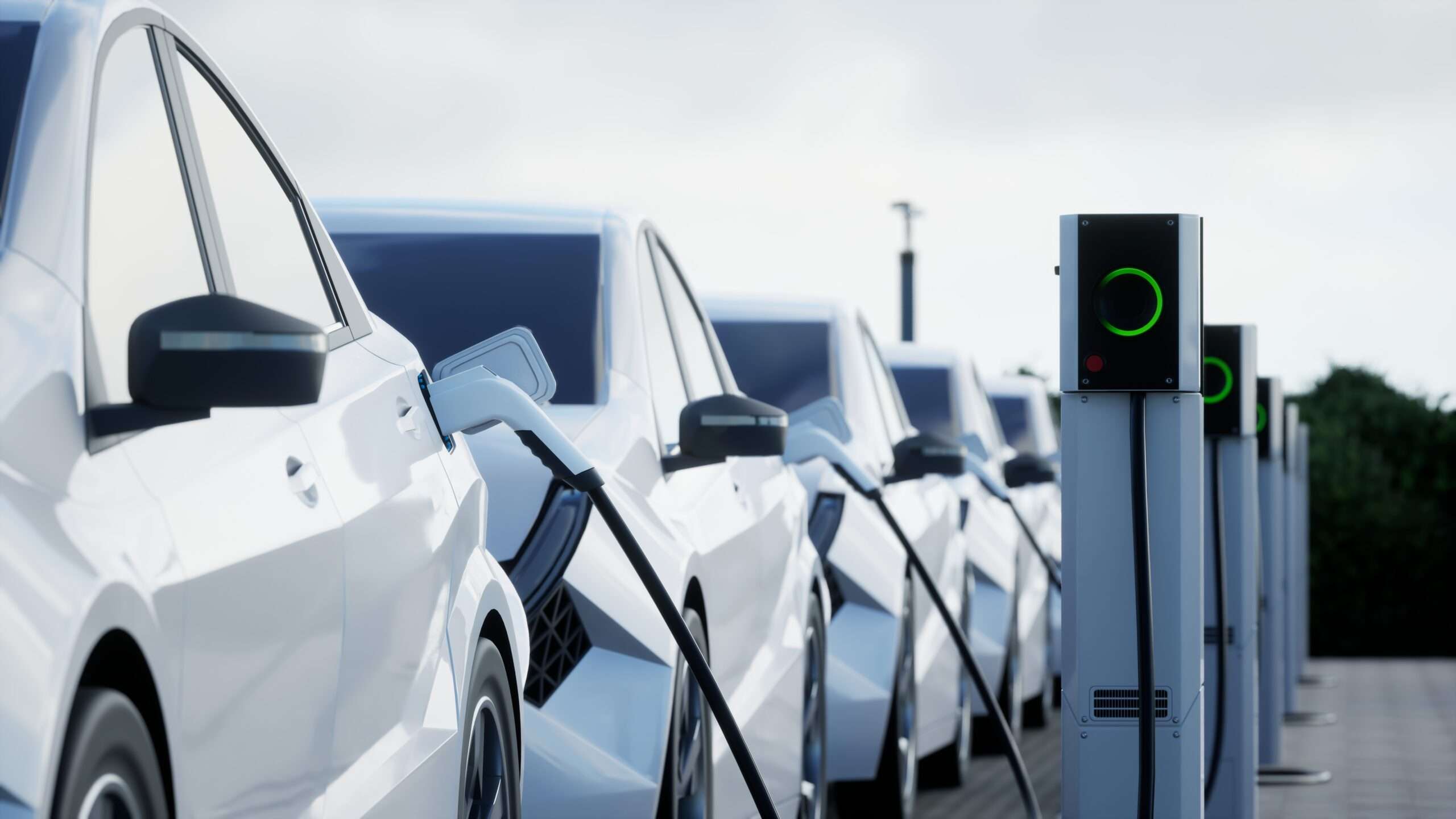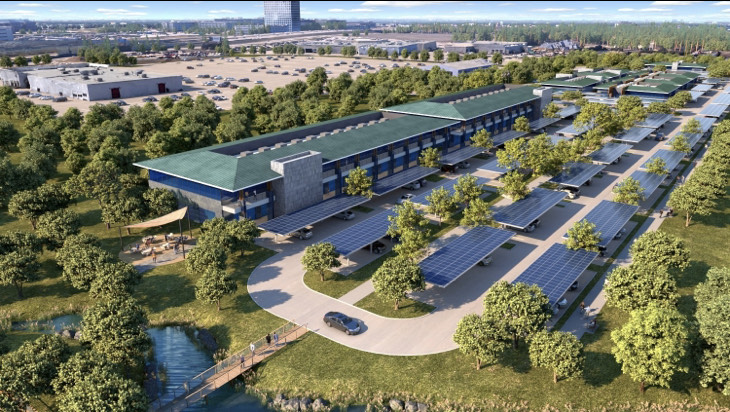
The Biden-Harris Administration announced it is awarding nearly $150 million to 24 grant recipients in 20 states to make existing electric vehicle (EV) charging infrastructure more reliable. The grants will be used to repair or replace nearly 4,500 existing EV charging ports and in some cases, bring them up to code. These targeted investments complement the tens of billions in Federal and private sector funding that is building out a national EV charging network, and support good paying jobs across the country installing, maintaining, and repairing EV infrastructure. Today’s announcement is the latest milestone towards the President’s goal of bringing at least 500,000 public EV chargers online by the end of the decade.
“The EV revolution is here. To make the most of it we must ensure that everyone, from the largest cities to the most rural communities, has access to reliable EV charging infrastructure,” said U.S. Transportation Secretary Pete Buttigieg. “These grants bring us another step closer to a national EV charging network that keeps up with the EV transition that’s well underway.”
“President Biden’s Investing in America agenda is building an EV charging infrastructure that can power our clean transportation future,” said U.S. Secretary of Energy Jennifer M. Granholm. “These investments will ensure that Americans have a convenient and reliable experience when they charge their vehicles at public stations.”
The funding for today’s awards is part of President Biden’s Investing in America agenda and comes from a new program from the National Electric Vehicle Infrastructure (NEVI) Formula Program that was newly created under the Bipartisan Infrastructure Law. NEVI is a $5 billion program administered by the Federal Highway Administration (FHWA) and supported by the Joint Office of Energy and Transportation to help States build out EV charging.
Program rules stipulate a 10% set-aside for States or localities that require additional assistance to strategically deploy EV charging infrastructure. This first round of funding focuses on improving the reliability and accessibility of the current network by repairing or replacing existing EV charging infrastructure. This funding direly complements larger-scale investments being made by the Biden-Harris Administration and by private companies to construct new charging stations.
“Increasing reliable access to EV charging is key to increasing EV adoption,” said US DOT Deputy Secretary Polly Trottenberg. “[This] announcement is another investment in a national network that will be interconnected, interoperable, user-friendly, accessible, affordable, and reliable.”
“Charging your electric vehicle should be as easy and convenient as filling up a gas tank – and these grants will help do that by making our EV charging network more reliable,” said Federal Highway Administrator Shailen Bhatt. “We’re building a bigger and better EV charging network to keep up with driver demand, and we’re also ensuring the existing network works when you need a charge.”
“Making it easy for everyone to ride and drive electric means making sure that drivers can always count on EV charging stations to work when they’re needed,” said Gabe Klein, Executive Director of the Joint Office. “Repairing and replacing existing stations gives drivers the confidence they need to choose electric, complementing the buildout of much-needed, new infrastructure while creating good jobs across the country.”
Eligible applicants and projects for the EV Charger Reliability and Accessibility Accelerator Program were outlined in a Notice of Funding Opportunity published in September 2023. For a full list of grant recipients, please visit the FHWA web site.
Under President Biden’s leadership, EV sales have more than quadrupled, and the number of publicly available ports has grown by over 70% since he took office. Read more about the Biden-Harris Administration’s $7.5 billion investment to make our EV charging network bigger and more reliable and how it has helped spur more than $130 billion in new private sector investment in electric vehicle, battery, and EV charging manufacturing – including over $155 billion in U.S. EV battery manufacturing alone.
Today’s announcement builds on a comprehensive series of EV-related actions taken by the Biden-Harris Administration.
- In January 2024, FHWA announced $623 million in grant awards for the first round of the Charging and Fueling Infrastructure (CFI) Discretionary Grant Program, funding 47 EV charging and alternative-fueling infrastructure projects in 22 States and Puerto Rico.
- In December 2023, the Biden-Harris Administration applauded Ohio and New York for opening America’s first EV fast charging stations funded through the NEVI Formula Program.
- In November 2023, FHWA approved all 52 EV charging plans from States, Puerto Rico, and DC – unlocking approximately $615 million in FY24 NEVI formula funding to implement those plans.
- In May 2023, the Joint Office of Energy and Transportation with three national laboratories launched the National Charging Experience Consortium (ChargeX) to improve the existing charging experience and released its Ride and Drive Electric grants which will support workforce development, an equitable transition, and American-made EV chargers.
- In February 2023, FHWA, in coordination with the Joint Office, announced it had finalized standards to make charging electric vehicles convenient, affordable, reliable, equitable, and safe for all Americans – no matter what car you drive or what state you charge in.
- In February 2023, the White House announced an implementation plan for President Biden’s Build America, Buy America requirements that will incentivize companies to invest in domestic production of EV charging components, positioning U.S. workers and businesses to compete and lead globally in a critical industry while providing a common-sense transition period for companies to onshore complex supply chains.
- In September 2022, FHWA approved, with support from the Joint Office, all 52 EV charging plans from States, Puerto Rico, and DC – unlocking approximately $1.5 billion in FY22 and FY23 NEVI formula funding that can be used to implement those plans.
For more information on President Biden’s Bipartisan Infrastructure Law and investments in electric vehicles, please visit FHWA’s BIL web site.







